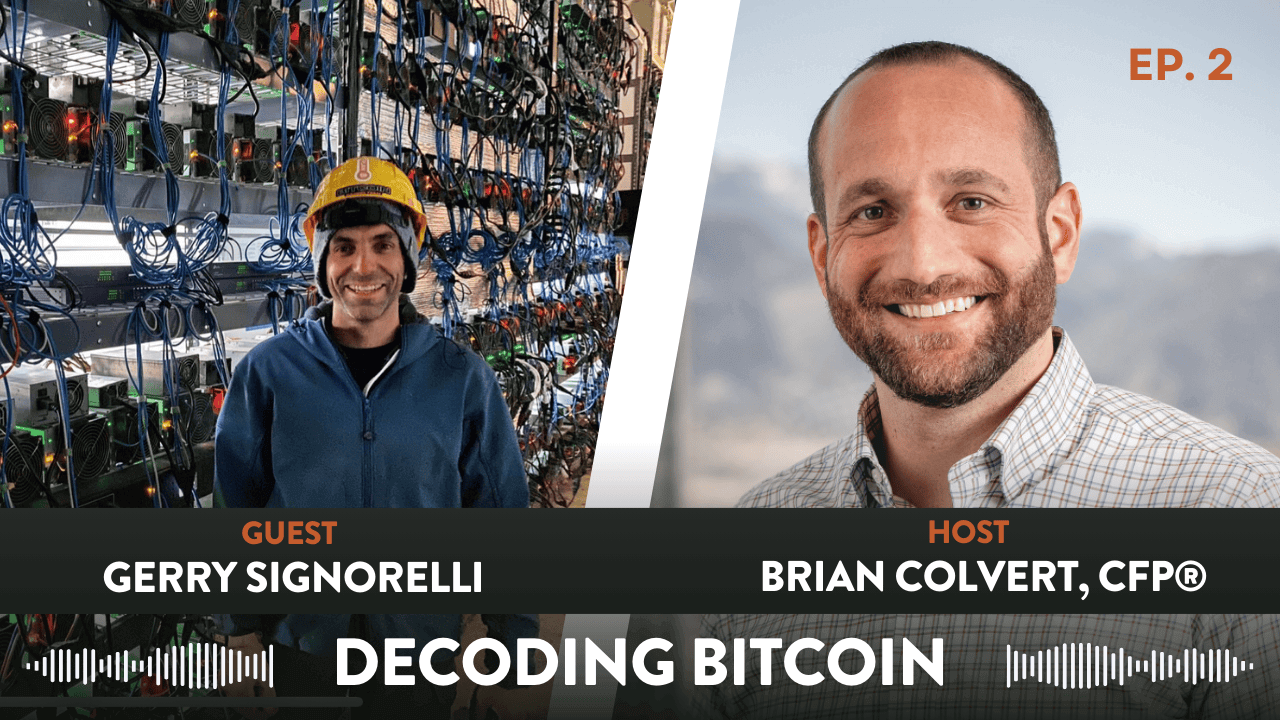Exploring Alternative Investments
Investing offers a wide range of options to cater to different financial goals and risk tolerances. While traditional investments like stocks, bonds, and cash are well-known, alternative investments often remain less understood. On the most recent episode of The Field Guide Podcast, Brian Colvert, CFP® explores alternative investments, their benefits, challenges, and the essential steps to navigate them successfully.
Listen now!
iTunes | Spotify | iHeartRadio | Amazon Music
What Are Alternative Investments?
Alternative investments include asset classes that differ from traditional investments such as stocks, bonds, and cash. These can be real estate, commodities, private equity, hedge funds, collectibles, cryptocurrency, and venture capital. Unlike traditional investments, alternatives usually require a longer-term commitment and are less liquid, meaning they cannot be easily converted to cash.
Real Estate: A Tangible Alternative
Real estate is one of the most straightforward and accessible forms of alternative investments. When you invest in real estate, you purchase physical property, whether residential, commercial, or industrial. Selling real estate is not as quick or easy as selling stocks or bonds. It involves finding a buyer, negotiating terms, and completing legal and financial paperwork.
Investing in real estate can provide a steady income stream through rental income and potential appreciation in property value. However, it also comes with challenges such as property management, maintenance costs, and vacancies. The illiquidity of real estate makes it a long-term investment, suitable for those who do not need immediate access to their funds.
Regulatory Considerations and Accessibility
Alternative investments typically have fewer regulations compared to traditional investments, making them riskier but also potentially more rewarding. Due to the higher risk and complexity, these investments are generally available only to accredited investors.
An accredited investor is someone with a net worth of over one million dollars (excluding their primary residence) or an annual income of over $200,000 for the past two years, with a reasonable expectation of the same income level in the current year. This requirement is based on the assumption that wealthier individuals can better understand and manage the risks of less regulated investments.
Diversification and Non-Correlation
One of the main reasons investors are drawn to alternative investments is the diversification they offer. Traditional investments like stocks and bonds are often correlated, meaning their values can move together with market conditions. Alternatives, however, tend to be non-correlated assets, meaning their performance does not necessarily follow the same patterns as the stock market.
For instance, the value of real estate or commodities may not drop when the stock market declines, providing a hedge against market volatility. This non-correlation can help smooth out the overall performance of an investment portfolio, reducing risk and potentially enhancing returns.
Potential for High Returns
Alternative investments can offer attractive returns, sometimes outperforming traditional investments. For example, venture capital investments in early-stage companies can yield extraordinary returns if the company succeeds. Early investors in companies like Facebook saw their investments grow significantly when the company went public.
However, it is important to remember that the potential for high returns comes with significant risk. Many alternative investments can be highly speculative, and there is a possibility of losing the entire investment. Therefore, thorough research and understanding of the investment are crucial.
Due Diligence: The Key to Success
Due diligence is essential when considering alternative investments. Investors must thoroughly research and understand the investment, its structure, market conditions, and associated risks. Unlike public companies, which are required to disclose financial information regularly, alternative investments often lack such transparency. This means investors must rely on their own research and the credibility of the investment managers or promoters.
Before committing to an alternative investment, it is crucial to understand the following:
- The Nature of the Investment: What exactly are you investing in? Is it real estate, commodities, a private company, or something else?
- The Investment Strategy: How does the investment generate returns? What are the underlying assets or business models?
- The Risk Factors: What are the potential risks, and how can they impact your investment? Are there any mitigating factors?
- The Liquidity: How easily can you exit the investment? What is the timeframe for potential returns?
- The Management Team: Who is managing the investment? What is their track record and reputation in the industry?
By addressing these questions, investors can make more informed decisions and avoid potential pitfalls.
Conclusion: Weighing the Pros and Cons
Alternative investments offer a unique opportunity to diversify a portfolio and potentially achieve higher returns. However, they also come with higher risks, less liquidity, and require significant due diligence. They are not suitable for every investor, but for those who meet the criteria and are willing to invest the time and effort to understand them, alternatives can be a valuable addition to their investment strategy.
Next Steps
Are you looking to diversify your portfolio with alternative investments? At Bonfire Financial, we specialize in navigating the complexities of financial planning to help you achieve all your financial goals. Whether you’re seeking comprehensive financial advice or exploring alternative investment strategies, our team is here to support you every step of the way.
Let’s discuss your unique financial situation and create a tailored plan for your future. Schedule a call with us today! Book here now!
 Client Login
Client Login


